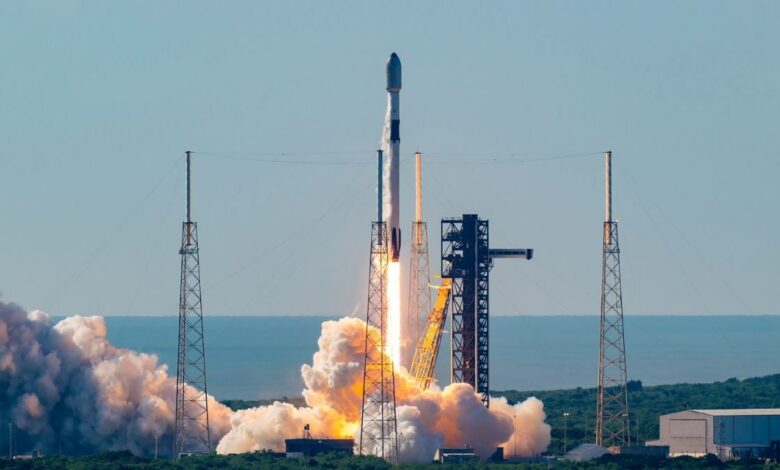Elon Musk thinks he’ll be dead before humans settle on Mars

Elon Musk, the influential figure behind SpaceX, has expressed a pragmatic view on the timeline for human colonization of Mars. Speaking at the Satellite 2020 conference, Musk noted that the slow pace of progress in space exploration may not bring him to the point where he sees a sustainable settlement on Mars. Despite SpaceX’s progress, such as successful launches of the Falcon 9 and Falcon Heavy, Musk remains uncertain about the feasibility of a thriving Mars colony within his lifetime.
Challenges and Costs of Mars Colonization
In the new book “SpaceX: Elon Musk and the Final Frontier” (Motorbooks), science journalist Brad Bergan highlights Musk’s stance on Mars, along with other issues. Musk’s concerns reflect the significant obstacles facing colonizing Mars. While reaching Mars may be feasible in the coming decades, creating a self-sustaining settlement is a much more complex undertaking. Musk had previously predicted that moving to Mars could ultimately cost between $100,000 (approximately Rs. 84,00,000) and $500,000 (approximately Rs. 4,20,00,000) per person. However, these estimates are contingent on major technological breakthroughs and drastic reductions in launch costs, which currently pose significant barriers.
Economic and logistical obstacles
The financial and logistical requirements for setting up a Mars colony are immense. Musk estimated in 2017 that transporting materials to Mars would cost about $140,000 (approximately Rs. 1,20,00,000) per ton. With inflation and other considerations, this figure could rise significantly. Building a functional settlement could cost more than $100 billion (approximately Rs. 8.4 lakh crore), a figure that underscores the enormity of the challenge. The high cost, coupled with the need for significant technological advancements, adds to the uncertainty surrounding Mars colonization.
Given the enormous challenges posed by Mars, space exploration efforts may shift to more immediate goals. Developing a sustainable human presence on the Moon or exploring asteroids for resources could offer more achievable goals and provide valuable insights for future Mars missions. These efforts could pave the way for the eventual colonization of Mars, but they require overcoming significant technical and financial hurdles.
Musk’s reflections serve as a sobering reminder of the complexities of space exploration. While the dream of colonizing Mars is appealing, the reality is that achieving it will require significant progress and innovation. The path forward involves addressing these challenges and exploring other space-related opportunities.




